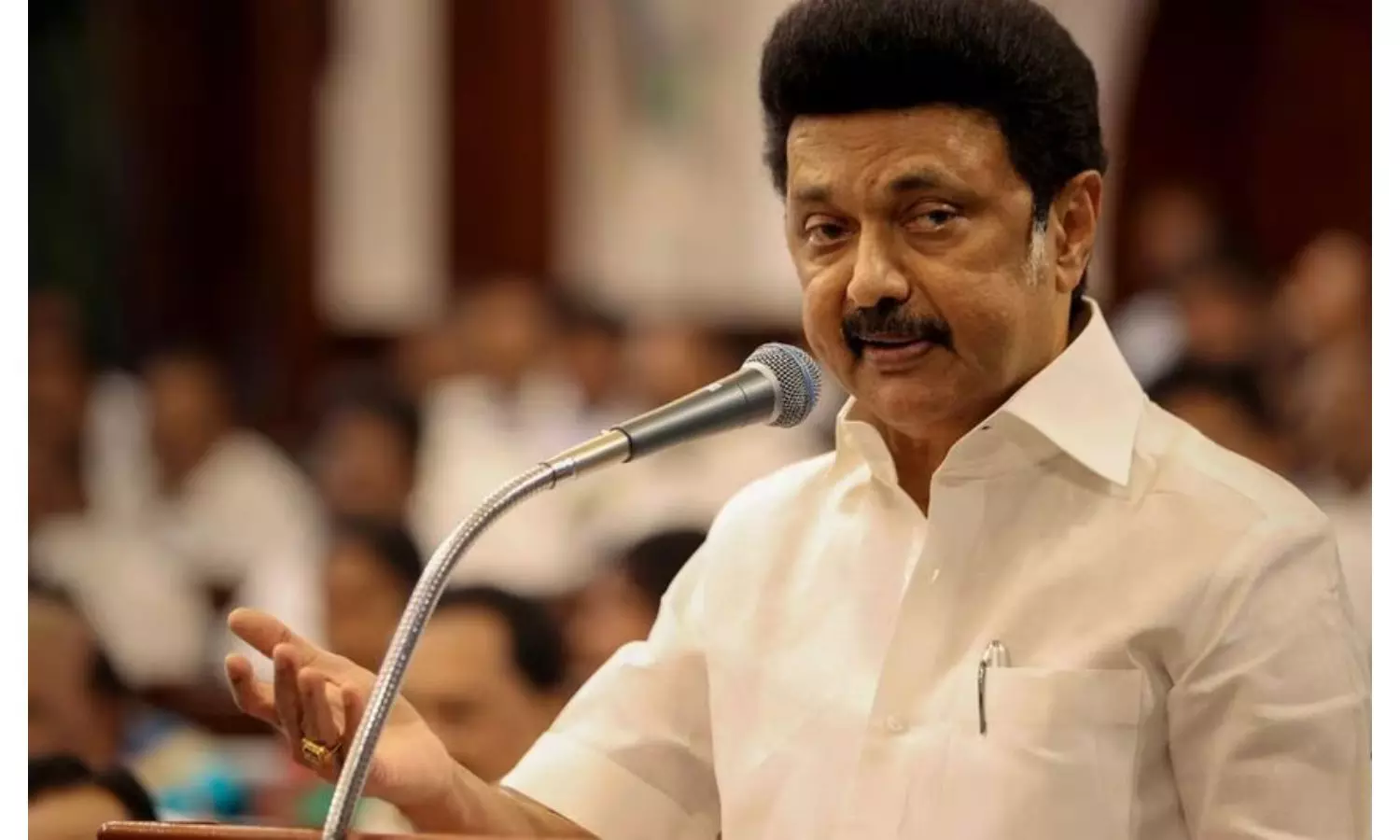AA Edit | Balancing Centre & states: Time to go back to basics?
The Tamil Nadu government and chief minister M.K. Stalin have been very vocal about states being deprived of their legitimate rights guaranteed under the Constitution and the need to improve Union-states relations

The decision of the DMK government in Tamil Nadu to appoint a three-member commission led by a former Supreme Court judge to look into a clutch of issues on the relations between the Union and state governments must be viewed as a response to the series of actions of the Union government which many state governments have felt as discriminatory and against the federal principles of the Constitution.
The Tamil Nadu government and chief minister M.K. Stalin have been very vocal about states being deprived of their legitimate rights guaranteed under the Constitution and the need to improve Union-states relations. The government has taken its position to the next logical step by asking the committee to examine and re-evaluate the constitutional provisions, existing laws, orders, policies and arrangements that may have an impact on the relations. One of the key tasks of the panel is to recommend measures to restore the subjects that had been moved to the Concurrent List from the State List of the Seventh Schedule of the Constitution over time.
The character of the republic has been unequivocally defined in the very first Article of the Constitution which reads “India, that is Bharat, shall be a union of states”. No government or political party or political formation needs to have a doubt on the foundational principles of the nation once they understood and approved the message of Article 1. This very principle has been elaborated and explained in different ways in the last 75 years of the existence of the Constitution, which includes the dictum “unity in diversity”. The reorganisation of the states on linguistic basis came a bit later but the founding fathers and mothers had no doubt in their mind that the states will be the essential and basic unit of this nation. They also laid down sound principles which gave exclusive powers for the states and the Union to legislate and administer.
While the early years of the republic saw a mission to strengthen all those great principles and laying down of healthy practices by all those who were at the wheel, the energy got lost in-between whereby the Union government started acting as if it was the master of the show and that the states were supposed to play subservient roles. The successive thinning of the State List and the expansion of the Union and Concurrent Lists, the indiscriminate use of Article 356 to dismiss elected state governments and the declaration of Emergency were instances when the history of the nation took a direction unintended by the framers of the Constitution.
The present central dispensation has been specialising in the art of pushing its political agenda on unwilling states using the levers it has on the nation’s purse strings. Several states have been crying foul on the way they have been pressured into adopting central policies in areas such as health and education to get funds under centrally-sponsored schemes.
It is time both the Union and state governments went back to basics, that is the principles on which the Constitution is based, and engaged in a healthy argument on the way they should take the republic forward. If a re-examination of the Centre-state relations under the framework of the Constitution is necessary, then it must be done. If a re-appreciation of the way the states are empowered financially, then it must also be done. Such timely reviews will only strengthen the country. The panel should ideally create a democratic platform for such meaningful engagement of all stakeholders of the republic.
